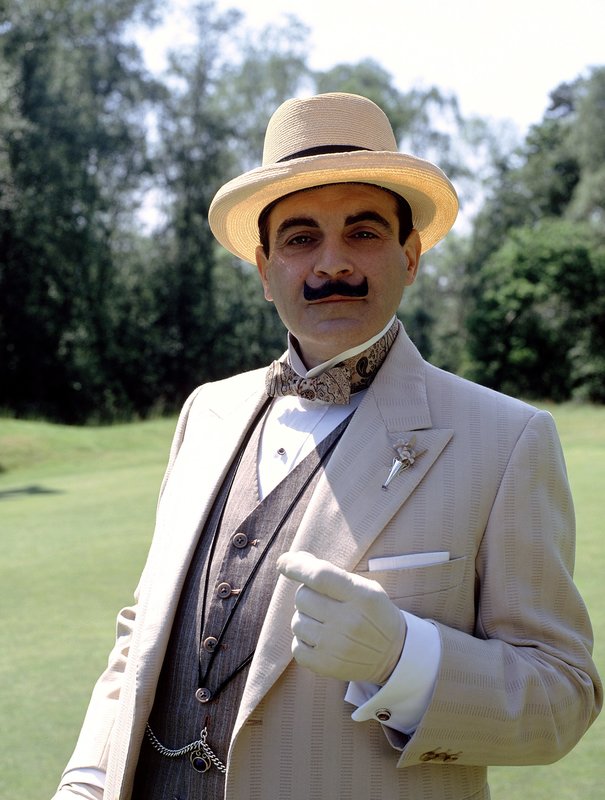

She isn't taken into custody immediately as in the original story. Katrina is also made deeply religious.Would not being truthful about her past affect her inheritance? And would she worry if she knew her benefactor had engaged a detective for some unknown reason? For Poirot, these became a plausible motive for murder. Besides a secret romance, Rieger is not her real name. Katrina's background is made more complex.This is unveiled by Poirot later as a secret romance. This is to lend mystery to Katrina's background and give some credence to Henry Delafontaine's rantings about "reds" and "bolshies". They exchange secret messages and also meet secretly at the Chelsea Flower Show. Katrina is seen having secret meetings with a Russian diplomat Nicholai.Besides the humour this lends, it serves to keep Hastings out of the way to give Miss Lemon greater scope to assist Poirot in the investigations-something which she also did in the original story (which did not feature Hastings). At first he thinks it is because of pollen, and hence stays home while Poirot and Miss Lemon head to Charman's Green to meet Amelia Barrowby. Poirot buys an expensive cologne to use for his appearance at the Chelsea Flower Show.There are several additional sideplots and embelishments added for dramatic reasons: The same nursery rhyme is quoted by Poirot when seeing the garden of the Delafontaines, and as in the original story, the potential loss of a beloved country garden is part of the motive for murder. Here, Poirot attends the Chelsea Flower Show because a rose is being named after him. The theme of flowers and the English country garden, already present in the original story, is given greater prominence in the adaptation.


 0 kommentar(er)
0 kommentar(er)
